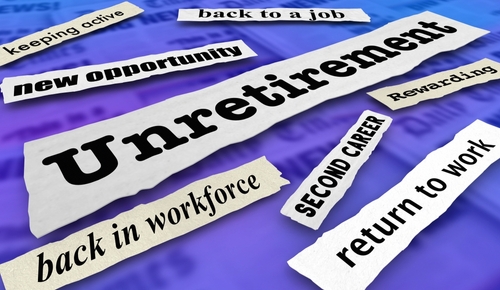The phenomenon of “unretirement,” where retirees re-enter the workforce, is gaining momentum. Recent data from Nationwide reveals that one in three current retirees are contemplating a return to work, driven largely by desires for increased social interaction and to alleviate boredom. This trend is reshaping the landscape of employment and prompting a reevaluation of workplace dynamics across generations.
A Myriad of Reasons
The reasons behind this shift are multifaceted. Beyond the social aspects, financial considerations also play a significant role. As Chloe Berger writes in an article for Fortune, economic factors and the desire for a more active lifestyle are influencing retirees’ decisions to unretire.
This blend of motivations underscores the complexity of the unretirement phenomenon and its implications for the workforce.
Ensuring an Equitable Process
One of the critical challenges in this evolving landscape is ensuring that job search and interview processes are inclusive and accessible to seniors. In a competitive market, seniors may face biases or hurdles related to age.
Smith suggests that tailored job search and interview tips for seniors can help level the playing field, enabling them to leverage their extensive experience and skills effectively.
A Role for HR
The role of HR in this context is pivotal. As the workforce becomes more age-dispersed, HR strategies must evolve to accommodate the diverse needs and expectations of employees, from flexible working arrangements to continuous learning opportunities. This evolution is not just about making room for returning retirees; it’s about creating a more inclusive, dynamic, and resilient workforce that values diversity in all its forms.
The unretirement boom represents a significant shift in the workforce landscape, reflecting broader societal and economic changes. It challenges long-held assumptions about retirement and work, offering an opportunity to reimagine the future of employment. As companies navigate this new reality, the insights and experiences of retirees re-entering the workforce can provide valuable lessons in adaptability, lifelong learning, and the enduring value of work in our lives.
It’s more than just a return to work; it’s a call to action for businesses to adapt, innovate, and embrace the rich diversity of an intergenerational workforce. By doing so, they can unlock new levels of creativity, productivity, and engagement that benefit everyone involved.
Lin Grensing-Pophal is a Contributing Editor at HR Daily Advisor.

